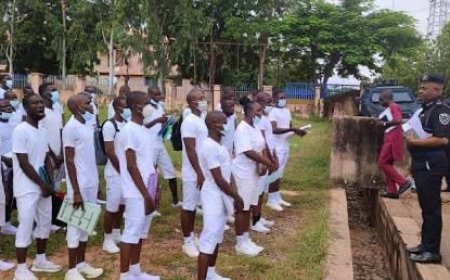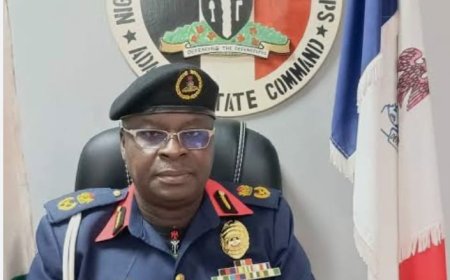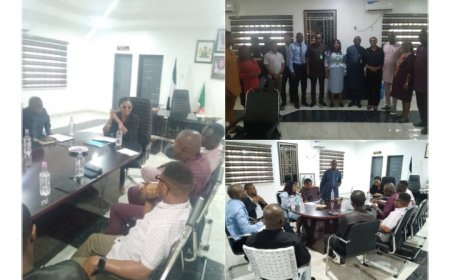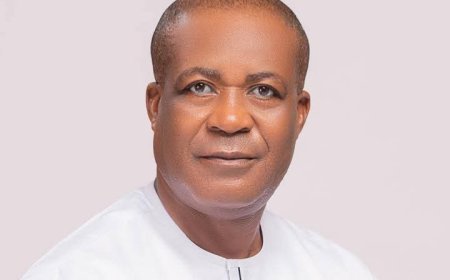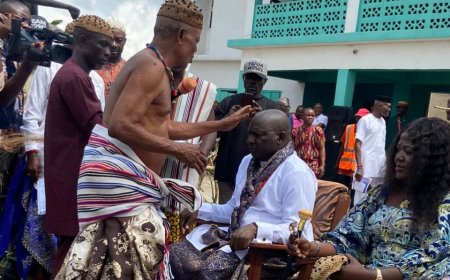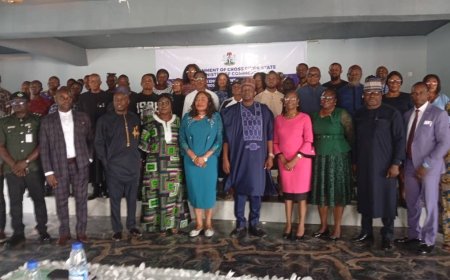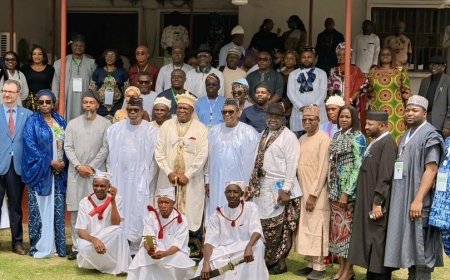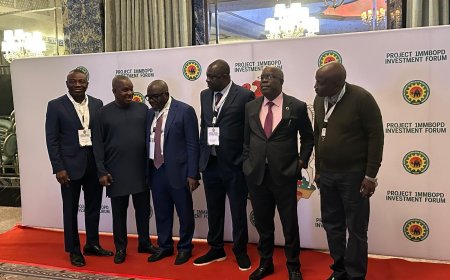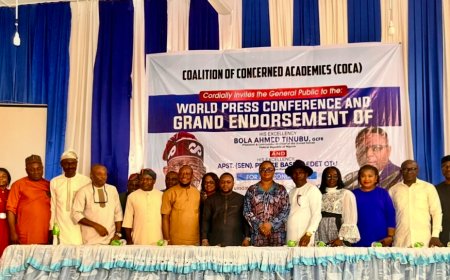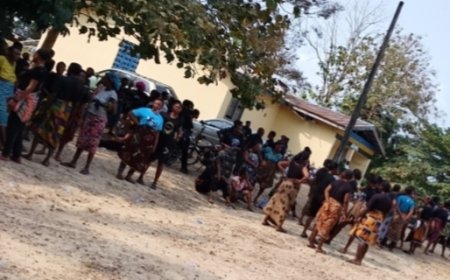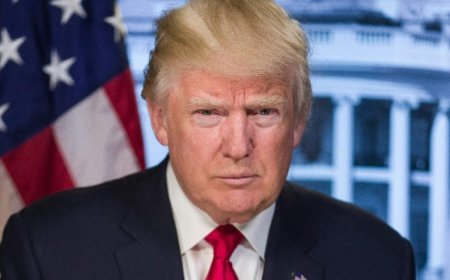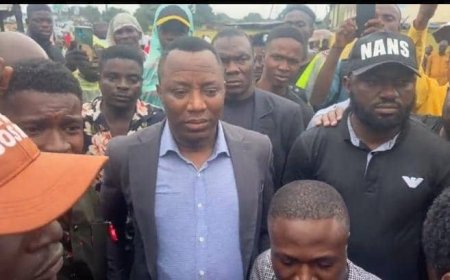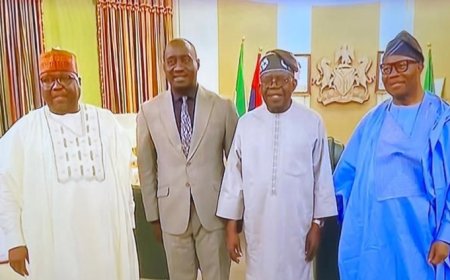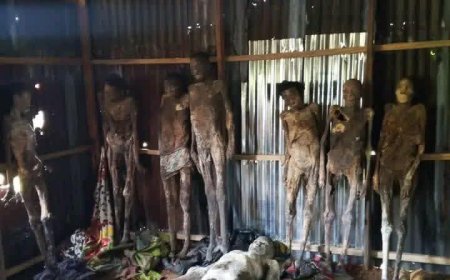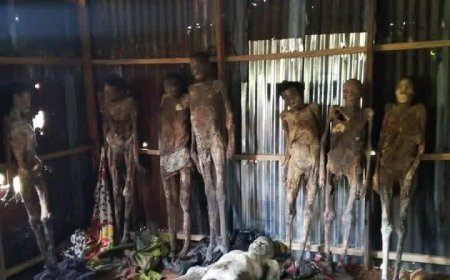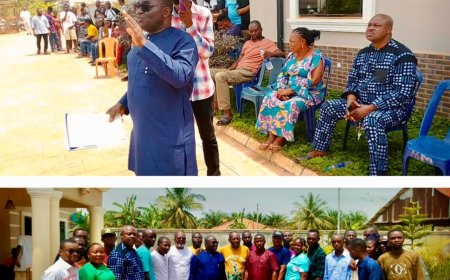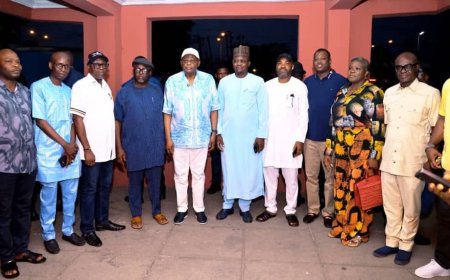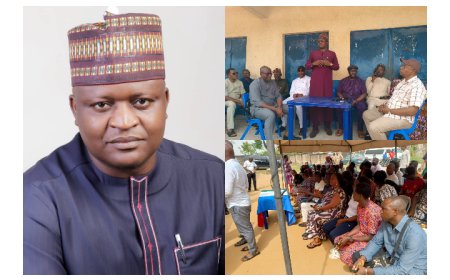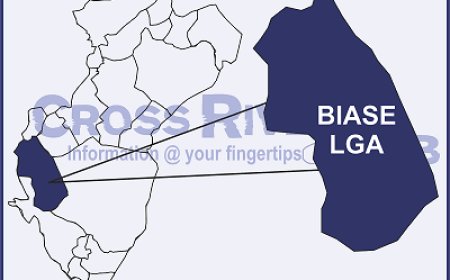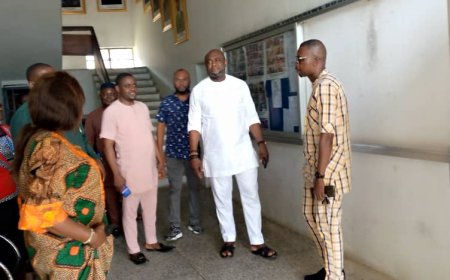C'River Still Remains Littoral State, Says Ex- AGF Aondoakaa
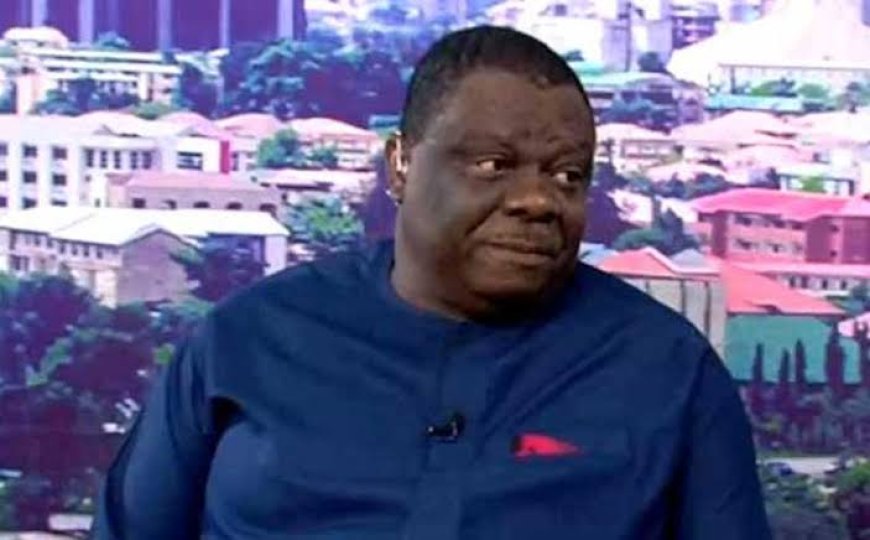
Former Attorney-General of the Federation (AGF) and Minister of Justice, Chief Michael Aondoakaa (SAN), has faulted the Supreme Court judgement that stripped Cross River State of oil-producing status after the ceding of Bakassi to Cameroon.
Aondoakaa, who supervised the handover of Bakassi on August 14, 2008, argued that technical evidence available at the time showed Calabar retained access to the Atlantic Ocean.
He said the Umaru Yar’Adua administration relied on reports from the Navy, Surveyor-General, and international experts, which confirmed Cross River was not landlocked.
He explained, “The Navy strongly objected during the handover process, warning that shutting Calabar off from the sea would cripple national security. Based on technical reports, we ensured Calabar remained a littoral state.
That was why the Eastern Naval Command in Calabar was never relocated.”
Aondoakaa expressed shock that a later Supreme Court ruling in 2012 concluded otherwise, cutting Cross River off from the sea and ending its oil-producing status.
He stated, “If, indeed, Cross River had no access to the Atlantic, then the Eastern Naval Command in Calabar should have been shut down. But it remains there, operating as Nigeria’s frontline defence in the Gulf of Guinea. That tells you something is wrong with the basis of that decision.”
Aondoakaa maintained that Cross River, having borne the brunt of the Bakassi handover, was entitled to retain oil-producing recognition. He recalled that seabed minerals, hydrocarbons, and fisheries resources from the northern part of Bakassi were originally earmarked for the state.
Aondoakaa said, “Cross River ought to be an oil-producing state based on the demarcation we resolved. That was the equity we sought to achieve to mitigate their loss. I don’t know what data was later presented to the Supreme Court, but it clearly was not the same as what guided our decision at the time.”
While stressing that he would not directly challenge the apex court, Aondoakaa insisted the issue should be revisited.
He said, “I cannot fault the Supreme Court in law, but I know the facts we had do not tally with the outcome.
The issue should be revisited both to restore fairness to Cross River and to secure our maritime boundaries in the Gulf of Guinea.”
He disclosed that after the Bakassi handover, the government sought to compensate Cross River by expanding Nigeria’s continental shelf to 350 nautical miles.
As head of Nigeria’s delegation to the UN in 2009, he said the country secured approval in principle from the Commission on the Limits of the Continental Shelf (CLCS) after obtaining “no objection” assurances from neighbours.
According to him, the expansion strengthened national security.
“Bunkering and piracy were major threats. Extending our maritime boundaries meant small boats could no longer easily transport stolen crude beyond the Navy’s reach,” he explained
He lamented that the President Goodlukck Jonathan administration failed to complete the process, despite being briefed.
But Aondoakaa commended President Bola Tinubu for reviving the matter, describing him as “a visionary leader who sees the security and economic benefits”.
Aondoakaa also defended Tinubu’s frequent travels abroad, countering criticisms from opposition leaders, like former Anambra State governor, Peter Obi.
The former AGF insisted that under Section 5 of the 1999 Constitution, presidential powers were vested in the person of the president and could be exercised anywhere in the world.
He stated, “Presidential powers are embodied in the individual, not the office location. With technology today, the president can govern from anywhere. Former Presidents Yar’Adua, Jonathan, and Buhari all did the same. It doesn’t impair governance.”
He maintained that Tinubu’s global engagements had rebuilt investor confidence, citing a rise in Nigeria’s foreign reserves to $44 billion.
“Engaging the world at the highest level is one of the best things that has happened to Nigeria. It gives security for international trade, for our banks, and for foreign investors. I don’t share Mr. Obi’s opinion on this at all,” he said.
On Benue politics, the former AGF declared himself constitutionally qualified to contest the governorship but expressed concern over threats of violence.
He said he met all requirements, stating that he has neither been convicted nor declared bankrupt.
Aondoakaa stated, “The constitution is clear and cannot be altered by threats or intimidation. By law, the time for campaigns has not started. As a law-abiding citizen, I will not speak extensively on my ambition until it is time.”
However, he warned that the atmosphere in Benue was becoming “frightening,” citing reports that leaders of the Kunav Development Association and a local government vice chairman, allegedly, threatened to attack any Kunav indigene who contested the governorship.
He condemned the slogan “No Alia, No Benue,” describing it as dangerous for democracy.
“If you are popular, there is no need for violence because the people will vote for you. By saying ‘No Alia, No Benue,’ they are insinuating that the governor has lost popularity and wants to use force to bring him back. That is unacceptable,” he said.
Aondoakaa urged Governor Hyacinth Alia to call his supporters to order, stressing that as a Catholic priest and governor, he must set the tone for peace.
“The Reverend Father ought to advise his supporters to respect the law to avoid a breakdown of order in Benue and Nigeria at large,” he added.
Recalling the Tiv riots of the 1960s and the 1983 Ondo crisis, Aondoakaa warned against political violence.
He praised Tinubu’s tolerance of opposition voices and urged Benue politicians to emulate such democratic maturity.
“The security agencies should not take these threats lightly. What happened in the past should never be allowed again in Nigeria,” he cautioned.
Source: THISDAY

